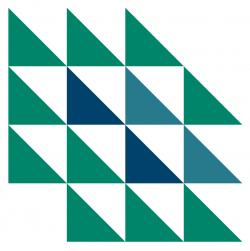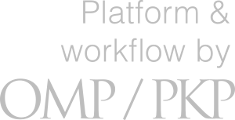Scientific literacy changes the world. Science education recommendations

Avainsanat:
TiedekasvatusTiivistelmä
Information processing skills are becoming all the more significant as traditional authorities of knowledge are challenged by media hubbub and false and misleading information. Critical thinking and the ability to interpret information flows and distinguish between relevant and irrelevant information are increasingly important civic competences.
Competent, critically thinking citizens build their lives and the society around them on reliable information. In addition to media literacy, we need scientific literacy.
Scientific literacy relies on science education. In Finland, science education is carried out by various actors from early childhood education to higher education, from nationwide networks to rural school science clubs, and from scientific societies to science journalists and non-fiction writers. Science education involves diverse activities and audiences, but they all share the same goal: to offer high-quality, lifelong science education.
The purpose of these science education recommendations is to provide a shared starting point and source of inspiration for all those engaged in science, learning and education. They can be summarised in five principles:
• Science education is accessible
• Science education is broad-based
• Science education enables participation
• Science education is collective
• Science education is inspiring and rewarding.
We also offer tips and ideas to provoke thought to support the implementation of these recommendations.
These science education recommendations have been drawn up by actors in the field and are meant for other actors in the field. The recommendations are the result of a project titled ‘An inquiry and recommendations to support scientific education’ (Selvitystyö ja suosituksia tiedekasvatuksen tueksi) jointly conducted by the Federation of Finnish Learned Societies and the Committee for Public Information and funded by the Ministry of Education and Culture. The project involved dozens of experts from the fields of education, training, research, arts and museums, scientific societies and liberal adult education.
Due to the coronavirus pandemic, our collaborative activities mainly took place online in 2020. Inevitably, the transfer into the virtual world and other changes in practices will also be manifested in the ways in which we carry out science education and science communication. We would like to warmly thank all the actors in the field of science education and the representatives of scientific societies who participated in our online workshops and contributed to the writing of these recommendations!







